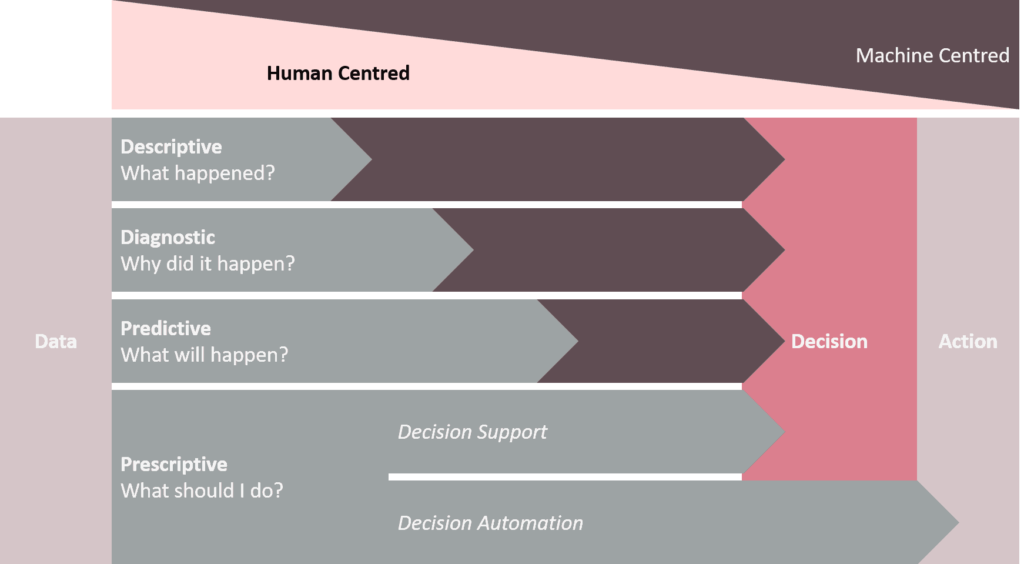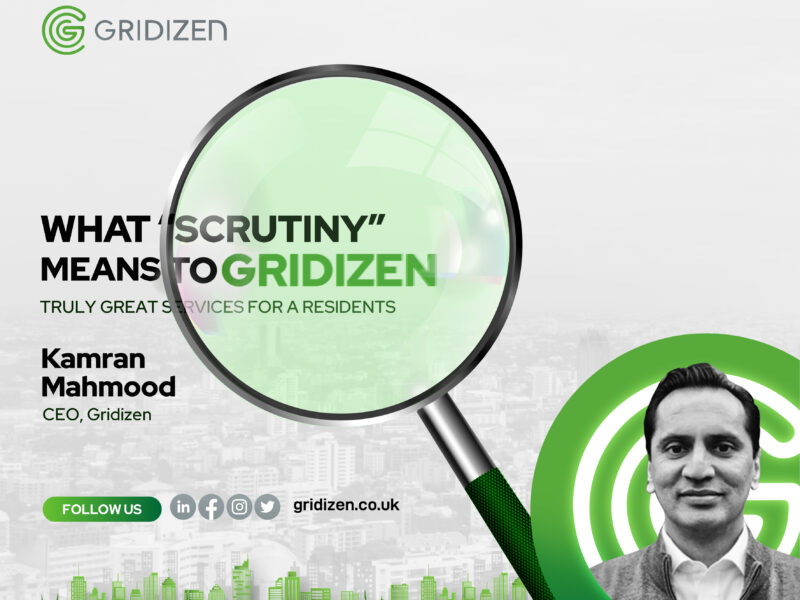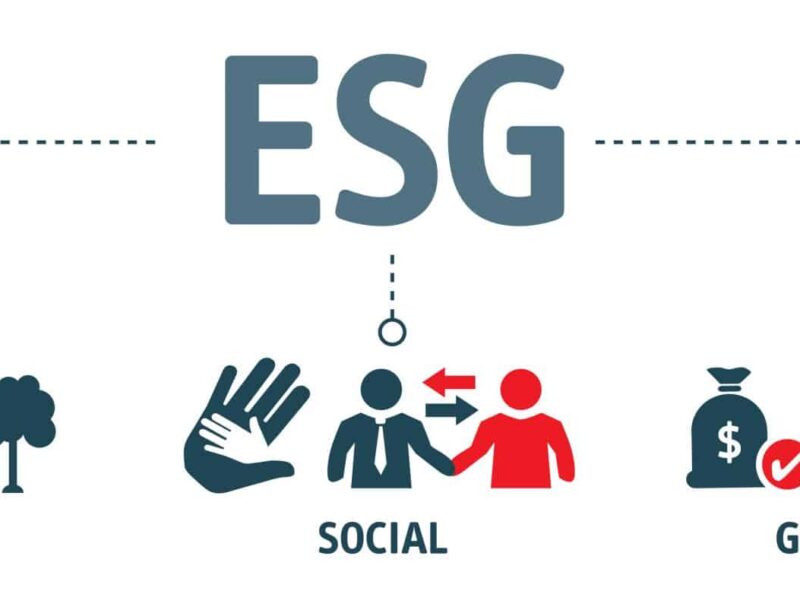
How PropTech can help property managers “level-up” their data analytics
Note – This article was originally posted on https://unissu.com and the original is available here.
Introduction
Data has become the new commodity for most businesses. Companies are judged by their ability to collect it, having lots of it is a good thing. A 2019 Forbes article describes data as “one of your biggest business assets” (Marr, 2019).
But why? What is it about data which makes it so valuable? And why would something as abstract as information have any benefit in real estate? The key thing to remember is data on its own is useless. Companies can have the biggest databases in existence, but without data analytics there is no point. Data analytics is the process of turning raw data into actionable business insights, and this is what we need.
From my own research, many property executives now believe data analytics offers a huge competitive edge in all parts of the industry, and rightly so. Despite this, the real estate industry has been slow to adopt data collection and analytics processes. I believe PropTech can bridge this gap and will really improve the industry’s data analytics capabilities.
4 Levels of Data Analytics
Data analysis is the process of extracting useable insights from data and using these insights to solve business problems. Data analysis is a subset of the (far broader) field of data science. Compared to data science, data analysis is easy to implement and offers more benefits to traditional companies which are yet to embrace all areas of digital transformation. In my experience, this includes a large proportion of real estate companies!
Most businesses in the property sector are at the first level of data analysis
Companies who analyse their data can make better business decisions and are more competitive. This fact is well known, and many companies are beginning to implement data analytics processes. These processes consist of weekly/monthly reports to give executives a “health-check” of the company. I have spoken to different types of property managers, ranging from PRS operators, institutional landlords, and even housing associations. These property managers all have these simple data analytics processes in place. This can be improved upon though.
Before looking into how to improve, I’m going to formalise what the different capabilities of data analytics are. A 2016 Gartner report on data analytics offers the best way to do so: by introducing “the four analytics capabilities” (Gartner, 2016). The 4 capabilities can be seen in Figure 1, and they are the “levels” of data analysis.

The 4 levels are as follows:
- Descriptive analytics – what has happened?
- Diagnostic – why did this happen?
- Predictive – what will happen?
- Prescriptive – what should I do?
The property managers I have spoken to are all at the first level: their reporting process is made of descriptive analytics. In residential property management, this could include the total number of maintenance issues reported that week, or the amount of rent which is in arrears. This is ideal for executives to keep track of company performance but doesn’t tell us anything new.
Diagnostic analytics are where we begin to see real insights. Understanding why something happened is the best way to stop it from happening in future. Descriptive analytics could tell property managers that they spent more on maintenance repairs in winter. Diagnostic analytics could identify this as an increase in maintenance costs due to an increased frequency of boiler repairs. Diagnostic analytics give the property managers sufficient information to resolve this issue in the future.
Understanding why something happened is the best way to stop if from happening in future
The example given may seem trivial, but diagnostic analytics require collecting more data. Furthermore, the level of analysis is more involved. Descriptive analytics can be done easily with Excel using basic stats, but robust diagnostic analysis requires an understanding of hypotheses tests and more advanced statistics. These skills are not available to the average property manager.
Predictive analytics is the art of using data to predict the future. For a simple explanation of how it works: machine learning models (advanced data analysis tools often referred to as AI) can crunch through masses of data to try and predict future outcomes.
It’s then possible to train the model by telling it what actually happened compared to its prediction, and the model will change itself to avoid making the same mistake in the future. This requires a phenomenal amount of data to do properly, and involves recruiting several specialised resources (data scientists, data engineers and business analysts).
The amount of data this requires means it is impossible for humans to analyse this data themselves. It has to be done by machines, and accordingly predictive analytics are out of reach for most property managers.
The fourth level of data analysis is prescriptive analytics. Predictive analytics tells us what will happen. Prescriptive analytics uses this and tells us what to do. The data analysis can directly support our decision making, or in some cases make the decision for us. This is a rather grandiose statement, but I’ll illustrate some examples further below.
Where are we currently
As I briefly touched upon above, most businesses in the property sector are at the first level of data analysis. As an industry (and for property management in particular), we haven’t really progressed past descriptive analytics. I think there are several reasons why.
There is a cultural issue around data analytics seen in this industry and in others. Descriptive diagnostics are easy to explain to executives. This is not true for predictive analytics. Machine learning requires a strong mathematical background to understand, and without this understanding it just seems like a magic 8-ball. Data comes in and answers come out! Developing a strong data culture is difficult because it is hard to explain what it is. Imagine trying to justify hiring a data science team – several data scientists, engineers, and analysts, all of whom have postgraduate degrees and relatively unknown job descriptions. This cultural issue can be resolved through PropTech. Selling a PropTech as a software enabled consultant is far easier than trying to build a team from scratch.
The second issue is the fundamental lack of data. This is the problem which I am most familiar with. There are two linked issues here – property managers do not have enough data to analyse, and this data is not in an accessible format. The lack of data is a huge problem, but PropTech solves it very easily. An example here is FixFlo – the repair and maintenance reporting platform. FixFlo has 1,000,000 units on its platform. This leads to ~85,000 repairs reported monthly (FixFlo, 2020). This is more repairs in one month than most property managers will ever see in a decade!
One property manager I spoke to uses over 6 different pieces of software for their day-to-day management. This means all their data is siloed, and so there’s no way to analyse it properly
The data accessibility is something we’re looking at in more detail at Gridizen. We are a PropTech trying to create a new property management solution. As part of our market research, I have spoken to many landlords, PRS operators, housing associations and asset managers. These property managers all use several different software platforms in their day-to-day management, and some of them still use of manual processes (like putting dates in a diary). Obviously, this is inefficient and manual processes don’t have to create any data. One property manager I spoke to uses over 6 different pieces of software for their day-to-day management. This means all their data is siloed, and so there’s no way to analyse it properly.
Earlier I mentioned prescriptive analytics could be used to help make decisions, but I didn’t give an example. Gridizen’s long-term aim is to offer property managers predictive and prescriptive analytics, integrated directly into our property management software. The key role of our software is to cover all elements of property management, and this means we have accessible data for us to give insights to our users. For example, right now we offer integrated rent payments, maintenance reporting and landlord-tenant communication. In future this will be expanded so property managers can serve notice and handle tenancy renewals through the platform as well.
In theory, we could analyse all of this data combined, and see what the link is between a section 8 notice (meaning the tenant has broken the tenancy terms) and the timing of rent (if it was late or not), and if any maintenance issues were caused by the tenant. Once machine learning models find the link, we could then make evidence-backed suggestions and recommendations to property managers. This is just one particular example, but there are many more areas where this could come in handy.
…individual property managers do not have enough data…even if they had, they would not be able to analyse it properly
We are not there yet. Right now, we are in commercial trials with some property managers, and this is just to trial our property management software. After the trials, I intend to analyse the data myself and see if I can find any diagnostic information which I can share. Once we have enough data on our platform, we can begin to look into the prescriptive analytics which I mentioned earlier. The aim is to share insights from this data with property managers and tenants, because ultimately a more informed property sector is a better property sector.
To conclude, there are many benefits of data analysis which property managers can take advantage of. However, individual property managers do not have enough data for this. Even if they had, they would not be able to analyse it properly. PropTech is the best way for the sector to collectively level up our data analytics – PropTechs can collate enough data to analyse and have the right skillsets to make use of it.
PropTech can be the best change to property management since the digital revolution, and data analytics is at the forefront of this. If you have any points or questions relating to how we can help property managers please feel free to email me at bpisavadi@gridizen.co.uk .
References
FixFlo. (2020, January 28). Fixflo: Property repairs and maintenance software. Retrieved from Fixflo
Gartner. (2016). 2017 Planning Guide for Data and Analytics.
Marr, B. (2019, March 13). Why Every Company Needs A Data Strategy for 2019. Retrieved from Forbes.














Pingback: AI in real estate – Don't Believe the Hype | Gridizen